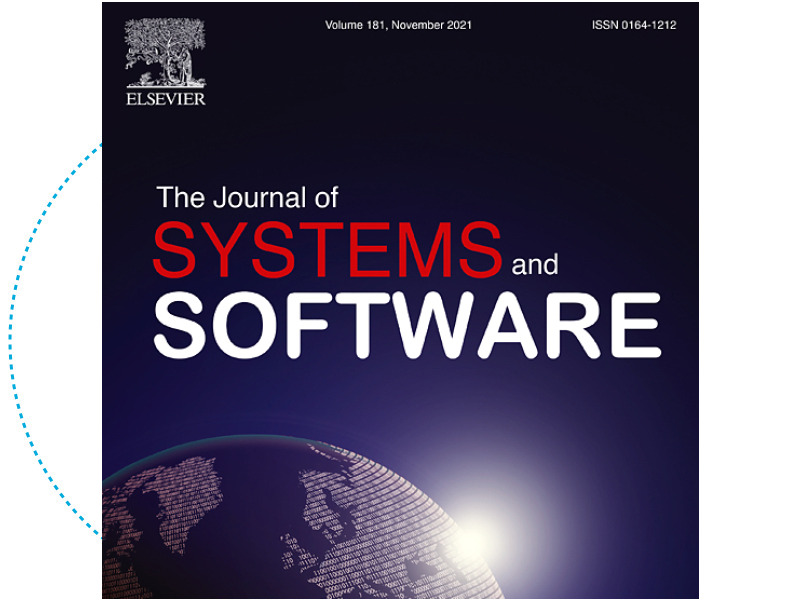Examining the entire spectrum of software development, from its very early stage of inception to maintenance, software engineering (SE) is part of an industry in constant movement, and a discipline distinguished for its impact in the research world. In order to gain a deeper understanding of its evolution in the latter, a bibliometric study of software engineering themes, scholars and institutions has been published in the October 2021 edition of the Journal of Systems and Software.
With the study spanning over the years 2013 to 2020, it shines a light on the available literature and its topics, scholars as well as institutions, from the researchers’ angle. As a member of the narrow circle of the most active institutions in software engineering research, the University of Luxembourg is ranked tenth in the top 50 universities worldwide, highlighting its solid reputation built over time, and gaining the respect of its peers.
The most prominent themes covered by software engineering research this last decade include testing, the implementation of design and code architecture, as well as the concepts of agile software development. Not only is this wide range of topics taken into account by the ranking, but so are the latest emerging trends. Among the most-used SE terms from these past three years are “deep/machine learning”, “neural networks” and “fuzz testing”.
Based on publications from eleven eminent journals, among them notably Journal of Systems and Software, IEEE Transactions on Software Engineering and Empirical Software Engineering, the analysis also relies on contributions to 14 major conferences. With an impressive score of 41,900, the University of Luxembourg appears number 10 on the most active institutions in Software Engineering, earning itself an impressive third place in the European academic landscape. This score is determined not only by the counting of publications, but also by the authors and average number of citations.
The Interdisciplinary Centre for Security, Reliability and Trust (SnT), nestled within the University of Luxembourg, has several renowned experts in the field of software engineering and features both experienced researchers and newcomers. Among them, Prof. Lionel Briand, head of the Software Verification and Validation research group, is part of the top three scholars, and Prof. Yves Le Traon, vice-director of SnT and head of the Security Design and Validation research group, is equally successful in the fields of Testing, Model-Driven Engineering, Security, Adaptive systems, and Resilience. Additionally, the study recognised the work of Prof. Michail Papadakis and Prof. Jacques Klein, who are respectively working on Software Testing, Software Engineering and Software Security. Home to emerging talents, the University of Luxembourg also counts among its members Prof. Tegawendé Bissyandé, ranked fourth in the most active early-stage researchers.
This study reinforces the international as well as the European leadership of the University of Luxembourg in the field of software engineering, thanks to its talented researchers and the outstanding quality of publications. Standing on the podium of the most active institutions in software engineering research, the University of Luxembourg has and will keep making a difference in the scientific scene while focusing on excellence.
